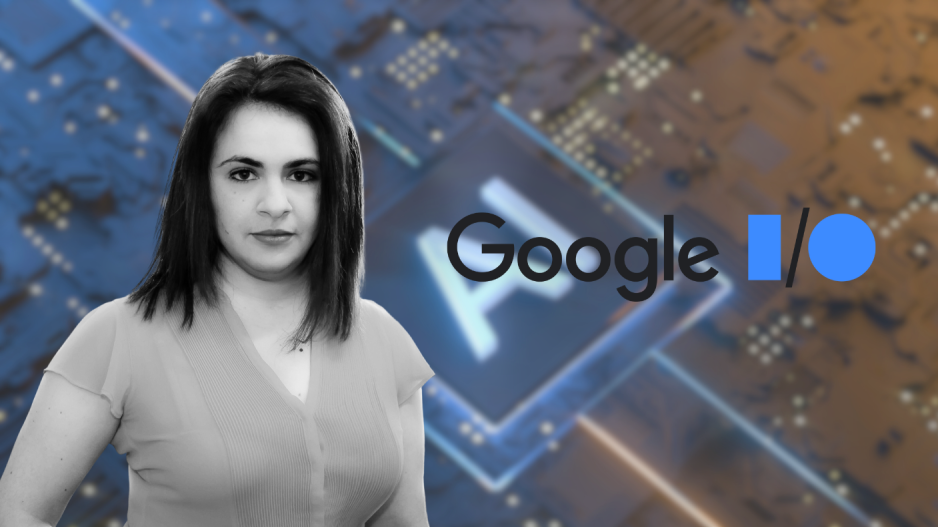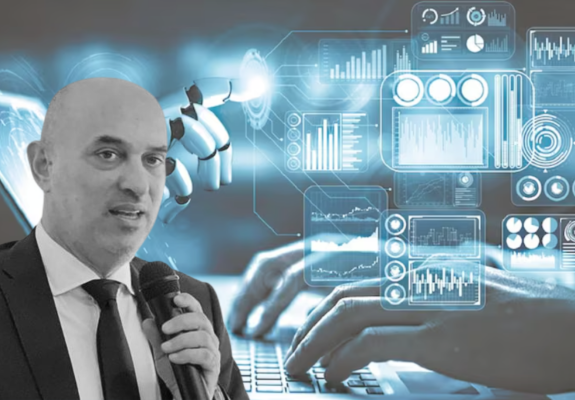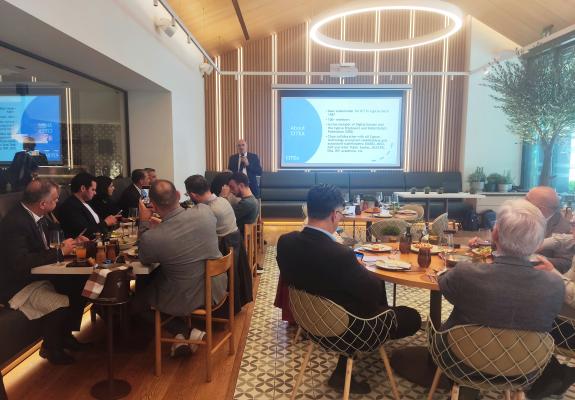AI Takes Center Stage at Google IO: Google's Strategic Pivot in the Face of Evolving Search Paradigms
Google I/O 2013 took place on May 10th. If you don’t know what it is, it’s an annual developer’s conference held every year by Google to announce everything they have been working on. Over the years it was mostly about Android with other technologies being included or excluded as their popularity changes. Not surprising for the first time since 2009 when the first Google I/O happened, Android was not the main subject of the conference. Instead, I can summarize the entire conference with the phrase:
AI, AI and more AI.
I say it’s not surprising that the focus was AI and not Android because for the first time in the last 25 years Google’s core business is being threatened. As soon as OpenAI’s ChatGPT came out last year, the writing was on the wall: search was about to change dramatically. And indeed, it has already changed because people are increasingly going to ChatGPT or even Microsoft’s Bing to ask the questions they would normally ask on Google’s Search. That is surely keeping Pichai, the CEO of Google, awake at night.
AI, true AI was always supposedly 10 years in the future since John McCarthy coined the terms in 1955. The measure we had since the 1950s about whether we have achieved the milestone of Artificial Intelligence that is indistinguishable from that of a human has been the Turing Test. Alan Turing was a mathematician and a pragmatist who tried to answer a philosophical question: “Can machines think?” When he failed to answer the question, he replaced it with a question that could have a solid answer: "Are there imaginable digital computers which would do well in the imitation game?". Then, he came up with a scenario to test if a computer can imitate a human successfully: A computer and a human talk with an expert human through text messages. The expert doesn’t know which of the 2 entities they are talking to is the human and which one is the machine. If the expert cannot figure out which of the two is the computer, the computer has passed the Turing Test. The first chatbot to sort of pass the test in 2014 was Eugene Goostman. ChatGPT cannot pass the Turing Test because it tells you from the get-go: “I am a large language model” giving itself away. But anyone who used both Eugene and ChatGPT can tell you there is no comparison between the two.
Over the last few months Google has been heavily criticized that its AI efforts were just a reaction to OpenAI’s ChatGPT. About a month ago, in response to the criticism, Google announced that the Brain team from Google Research and DeepMind were to merge as one company, Google DeepMind, under the leadership of Demis Hassabis. Hassabis tried to remind everyone about what Google has achieved so far in the field of AI by writing in a blog post:
“Through Google DeepMind, we are bringing together our world-class talent in AI with the computing power, infrastructure and resources to create the next generation of AI breakthroughs and products across Google and Alphabet, and to do this in a bold and responsible way. The research advances from the phenomenal Brain and DeepMind teams laid much of the foundations of the current AI industry, from Deep Reinforcement Learning to Transformers, and the work we are going to be doing now as part of this new combined unit will create the next wave of world-changing breakthroughs.”
The next response came at the conference. Every single demo seemed to serve a single purpose: A well planned answer to all the criticism. I am not going to go through every single announcement but here is a portion of what was announced:
- Magic Editor: Google is adding the ability to do complex edits to your photos using AI.
- PaLM 2, Google’s newest large language model which is meant to power Bard chat tool (ChatGPT competitor) as well as power Sec-PaLM 2 that is a security tool and Med-PaLM 2, a medical tool.
- They also plan to compete with Github’s Copilot, a tool that is used by developers to help them write code faster by utilizing ChatGPT as they announce they are introducing developer features for Bard.
- Bard will also be integrated into various Google products like Docs, Drive, Gmail Maps and more.
- They also plan to integrate generative AI across all the Workspace apps.
- Google is also using generative AI to make shopping faster and much easier, providing users with a snapshot of noteworthy factors to consider when searching for a product.
- And of course, they are adding AI features into Android
I can go on, but you get the picture.
There are 2 questions that remain to be answered:
- Despite all the flexing at Google I/O can the company really keep up in the new landscape?
- Can they do it without unleashing uncontrollable and potentially dangerous AI tools into the world? Timmit Gebru, the co-lead of Google’s ethical AI team was forced out 3 years ago because of the concerns she raised. And just this month Geoffrey Hinton announced he was stepping down from Google because he wants to be able to talk freely about his fears that AI will very soon surpass human intelligence and the potential dire consequences of such advancements. After leaving Google, Hinton commended Google for stopping acting responsibly in developing AI as soon as Microsoft started incorporating ChatGPT into the Bing search engine.
I don’t know the answer to either of the questions above. What I do know is that for the first time since the 1950s we have AI that could truly pass the Turing Test if it didn't blatantly admit it is not human and I sure hope we don’t end up fighting Skynet.






